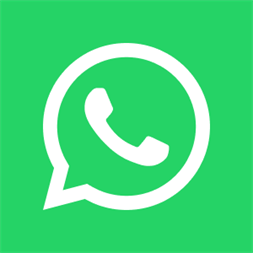Toll Payment Text Scam Surges Again — What You Need to Know
A new wave of phishing scams is hitting mobile users across the U.S., as fraudsters impersonating toll authorities like E-ZPass, The Toll Roads, and FasTrak flood phones with fake payment texts. These scam messages are designed to trick you into handing over sensitive personal and financial details — and they're getting more sophisticated.
What’s Happening?
People have been receiving multiple SMS and iMessage texts claiming they owe toll payments. The messages appear to come from legitimate agencies like E-ZPass or even the Department of Motor Vehicles (DMV). They often contain urgent warnings like:
“Your toll payment for E-ZPass Lane must be settled by April 4, 2025. To avoid fines and the suspension of your driving privileges, kindly pay by the due date.”
Scary, right? That’s the idea — scammers use this urgency to pressure you into clicking a link.
What Happens If You Click?
The link sends victims to a phishing site that looks almost identical to a real toll agency’s website. But it's a trap. The site asks for your name, address, email, and — most dangerously — your credit card information.
Even more concerning: these phishing pages are only designed to load on mobile phones, making them harder to detect from desktops.
📈 The Scale of the Scam
This isn't a small operation. Reports show that some people are getting up to seven scam texts a day. The attackers are using sophisticated tools like Phishing-as-a-Service (PhaaS) platforms — including names like Lucid and Darcula — which allow them to send massive volumes of fake messages while dodging spam filters.
To bypass protections like Apple’s default security (which disables clickable links from unknown senders), the scammers encourage users to reply to the message, which reactivates the links.
What You Should Do
If you get a suspicious toll text, don’t click anything and don’t reply. Here’s what you can do instead:
-
Block and report the number or email address.
-
Check directly with your toll provider by visiting their official website — never through a text link.
-
Enable SMS filtering and spam protection features on your device.
-
Monitor your credit card statements for any unusual charges.





No comments:
Post a Comment